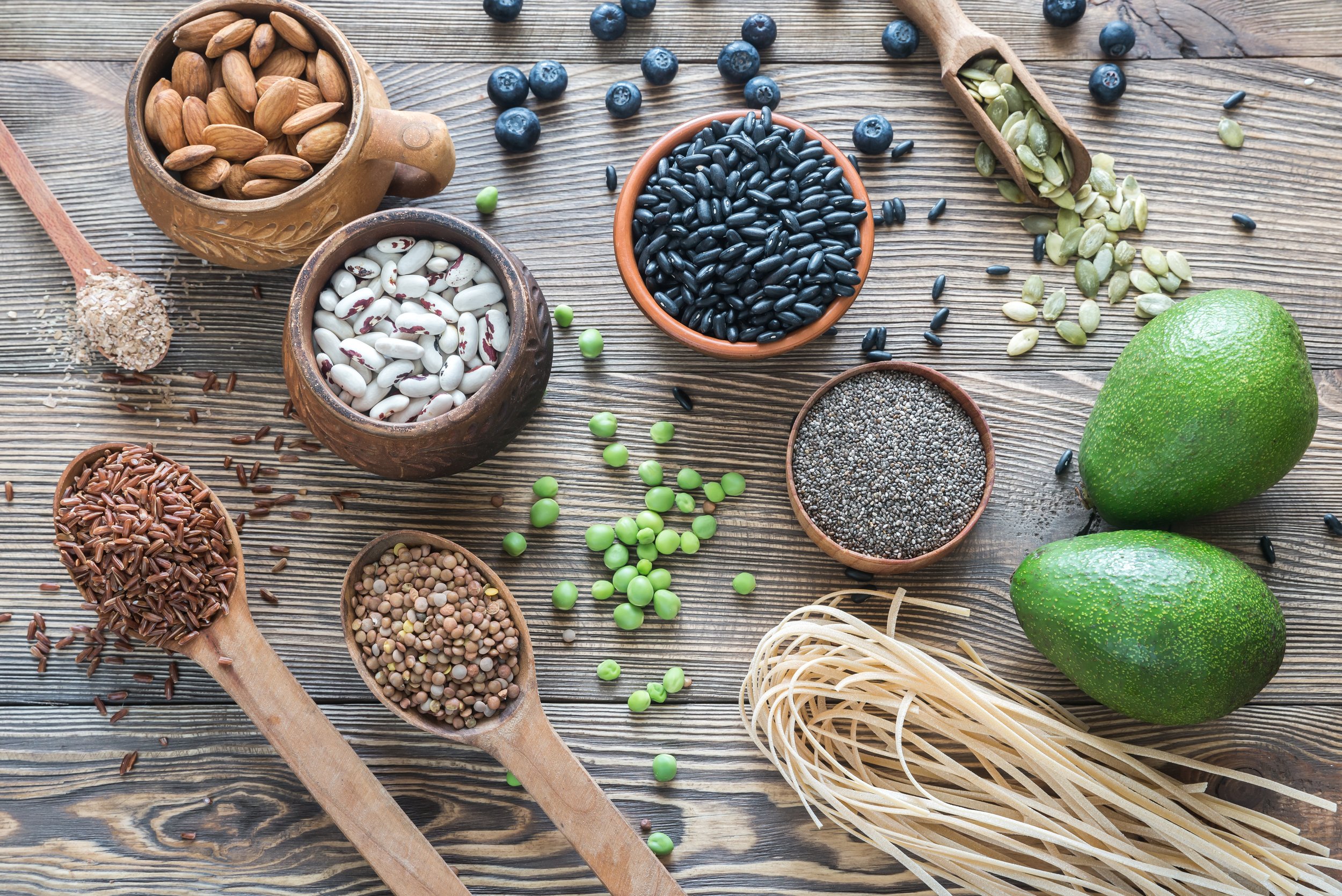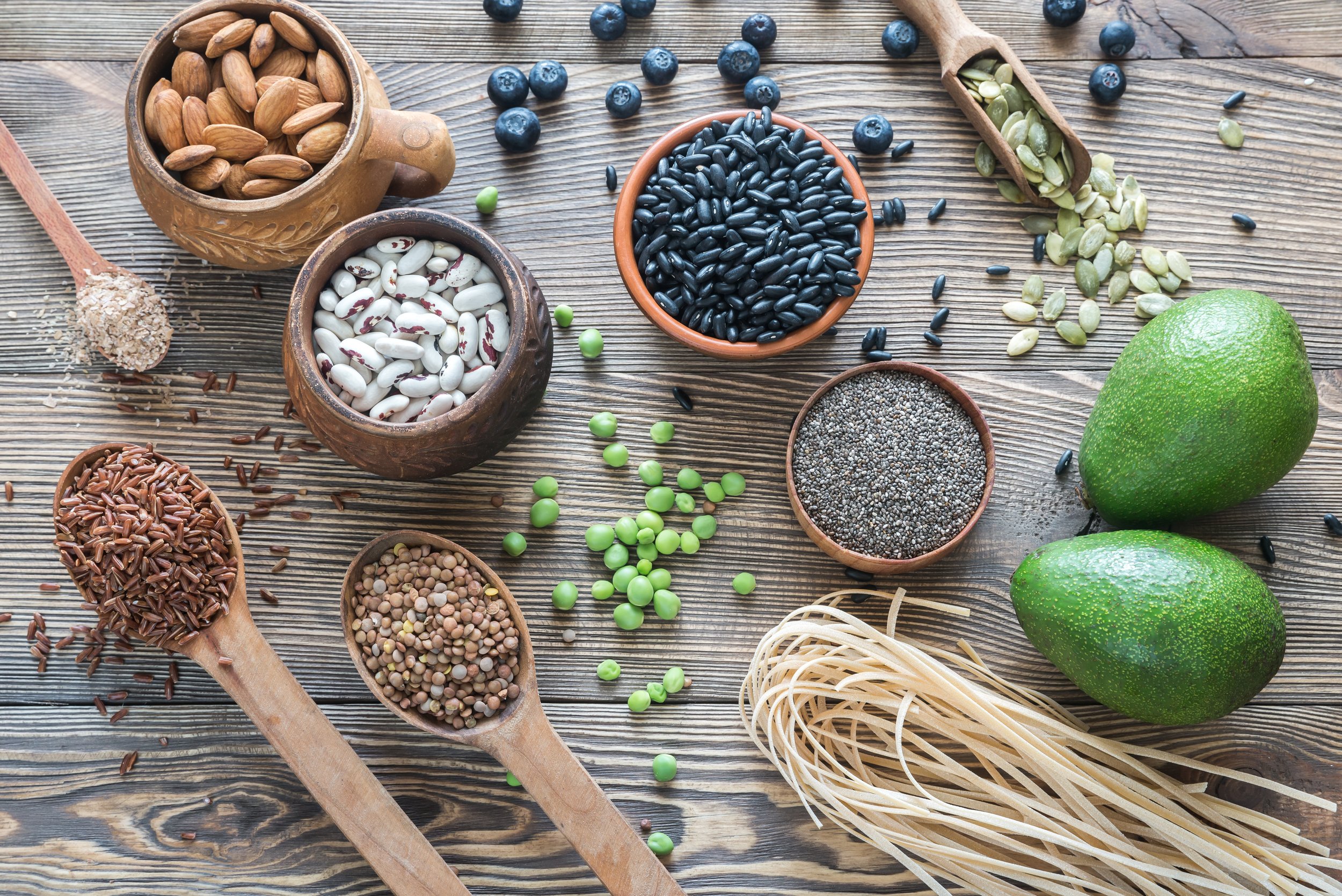If you are new to my blog posts, I’ll let you in on a not-so-secret secret. I’m extremely leery of blanket recommendations.
Fiber is not an exception to that fussy rule of mine.
Why is fiber pushed so readily? Is it beneficial to everyone? What type of fiber, if any, is best?
If you are new to my blog posts, I’ll let you in on a not-so-secret secret. I’m extremely leery of blanket recommendations.
Fiber is not an exception to that fussy rule of mine.
Why is fiber pushed so readily? Is it beneficial to everyone? What type of fiber, if any, is best?
These are just a few questions I ask about anything that is shoved down our throats ad nauseam by the powers that be. Replace the word ‘fiber’ with any word or topic that frequents the news or social media and ask the same questions.
But we’ve been conditioned to not ask questions. To accept what we are being told.
Start questioning what is broadcast with aggression and do the digging yourself. You might be surprised what you find.
Fiber. Metamucil. Psyllium husks. Corn. Rice. Choose any non-soluble starchy veggie.
Pick your poison. Yes, I said poison. I try to choose my words carefully.
Keep reading.
What started out as a correlation in gut health research evolved into a mass marketing tool applied to everyone.
Everyone needs more fiber, right?
No.
Insoluble fiber is the type of fiber that our body doesn’t break down. This is the type of fiber that we have been told we need more of because it feeds the good bacteria in our gut – specifically the large intestine.
We’ve been told that without this valuable starch we won’t poop appropriately.
But is that true?
Not for everyone.
I’d venture to guess that if people simply removed preservative-laden frankenfoods and ate real whole foods, we’d have normal and regular bowel movements.
There are always outliers and special health concerns that require additional measures to attain a healthy gut microbiome, but those are the exceptions – not the rule.
Let’s not lose sight of the forest for the trees, ok?
What are we trying to achieve when increasing fiber?
Fiber is thought to be instrumental in feeding the guys in our large intestine. In Chris Kresser’s article about fiber he wrote, “When we eat the soluble fibers found in whole plant foods, the bacteria in our gut ferment these fibers into short-chain fatty acids like butyrate, proprionate, and acetate, and greater amounts of fiber consumed will lead to greater short-chain fatty acid production.”
Butyrate is the most commonly cited short chained fatty acid I found. Butanoic acid, BTA, and Butyric Acid are all roughly the same.
Guess where you can also find Butyric Acid? Butter.
Did your stomach just grumble with joy? Mind did. Along with my salivary glands kicking in causing my mouth to water.
Did you know BTA (Butyric Acid) has been called the “anti-cancer fatty acid”, especially in relation to colon cancer?
Butyric acid is produced in our large intestine when we eat whole-food insoluble fiber from resistant starches found in some fruits, veggies, and butter.
Here’s the pivot point – synthetic forms, functional forms (started as natural, but then isolated and tweaked), and fiber in excess can cause damage. The same damage we are trying to remedy.
Here’s the bottom line: Not everyone needs more fiber. Especially the type manufactured or added to food.
And the kicker – there is zero scientific evidence that adding isolated fiber to our diet is helpful.
ZERO!
Just like the recommendations for drinking a specific amount of water.
“Tan and Seow-Choen, in their 2007 editorial on fiber and colorectal disease, call insoluble fiber “the ultimate junk food” as “it is neither digestible nor absorbable and therefore devoid of nutrition.””
Fiber in the drinkable forms are not only devoid of nutrition, they have been shown to bind to vital minerals our body needs and get flushed down the toilet. Literally. Do you take or are low on zinc, calcium, magnesium, or iron? Might think about switching up how you are addressing your poop situation.
If you have irregular bowel movements, IBS, Crohns Disease, or other GI disorder, it might be worth it to try butter instead of Metamucil or Miralax. Butter can be so beneficial for more reasons that BTA alone. As always, discuss your individual needs with your medical professional who is up to date on scientific literature before abandoning your current routine.
I’ve had several patients over the years that we’ve exchanged fiber supplements for better options who were shocked (and grateful) at the positive results. For more information, schedule a quick 15 minute call here.
References:


Comments